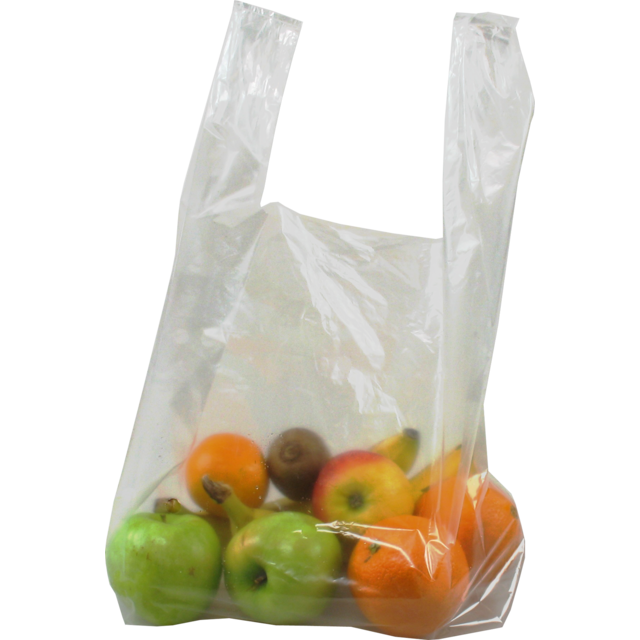Did you know plastic bags were invented to save the planet?
- Published on Monday January 2nd, 2023
Published by the OneSTL Communications Committee
 That’s right. Swedish engineer Sten Gustaf Thulin invented the plastic grocery bag in 1959 to address rising concerns about paper bag production and deforestation. Plastic is more durable than paper, and a plastic bag could be used over and over again while a paper bag could not. But we don’t reuse plastic bags as they were originally intended.
That’s right. Swedish engineer Sten Gustaf Thulin invented the plastic grocery bag in 1959 to address rising concerns about paper bag production and deforestation. Plastic is more durable than paper, and a plastic bag could be used over and over again while a paper bag could not. But we don’t reuse plastic bags as they were originally intended.
When interviewed, Sten’s son said, “To my dad, the idea that people would simply throw these away would be bizarre. He always carried [a plastic bag] in his pocket folded up. You know what we’re all being encouraged to do today, which is to take your bags back to the shop, he was doing back in the ’70s and ’80s, just naturally, because, well, why wouldn’t you?”
Reducing single-use plastics is among the top actions we can take to live more sustainably. Plastic products are cheap to make and have a lower carbon footprint than other materials, but they take centuries or more to break down in nature and are increasingly difficult to recycle due to rising contamination rates and mixed chemical makeups. Even when plastics do break down, they create microplastics, the effects of which are still unknown and unstudied.
Plastic bags are created using fossil fuels, and there has been a shift away from sourcing products and fuels from underground. Paper and cotton bags have come back into focus as possible replacements, but this could have potential negative implications, too. Increasing our use of paper bags could lead to deforestation, and some studies have pointed out the large water footprint of cotton or other fabric bags.
So what’s the answer? Plastic, paper, cotton, or something else? Several studies have measured various impacts of each option, looking at carbon emissions, water footprint, acidification, toxicity to humans, environmental, and other factors. The bottom line is that all materials from which we produce grocery bags (and all other products) have an environmental cost at some point in their life cycle. Therefore, the most sustainable choice is to reuse whatever you already have and take care of it so you can continue to reuse it over and over again.
Find more information at globalrecycle.net or columbia.edu.







